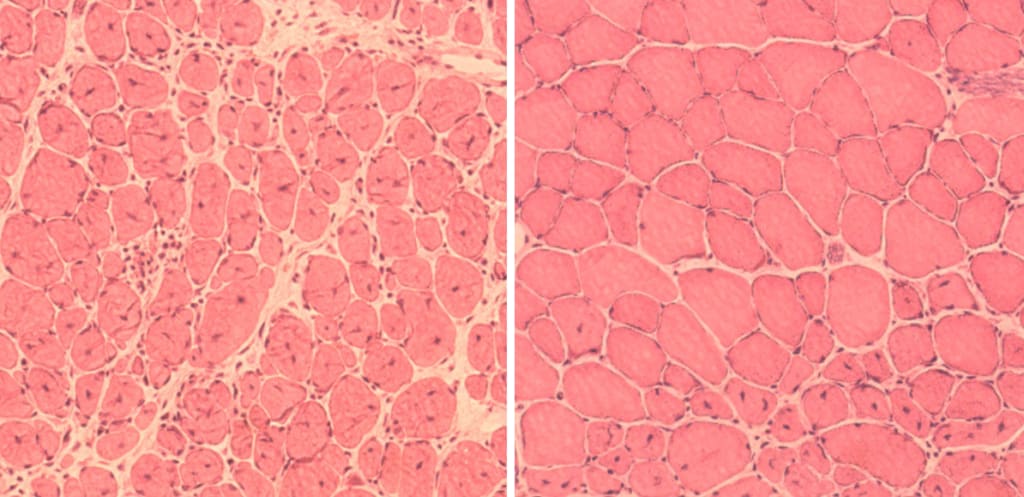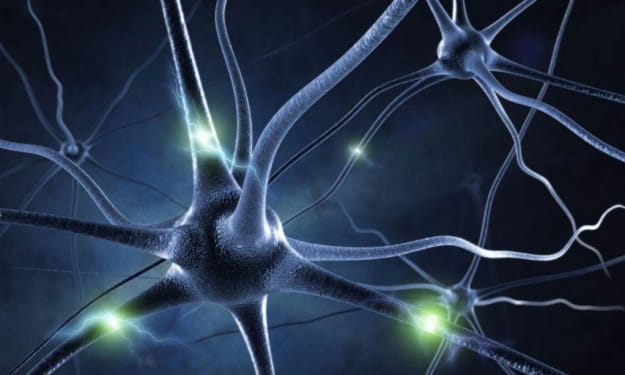New Approach May Reverse Old Age
Epigenetic re-write restores youth in mice.

Longevity research is used to baby steps, but a recent discovery at the Salk Institute in La Jolla, Calif. is leading longevity researchers to suggest this work is huge baby step, if there's such a thing as that.
“This is huge,” Leonard Guarente, a biology of aging researcher at M.I.T., told the New York Times. “It’s a pretty remarkable finding, and if it holds up it could be quite important in the history of aging research.”
Guarente said the Salk Institute’s study that was released in a recent issue of the journal Cell showed that the organs of mice could be rejuvenated in a way that can slow down aging. In fact, it might be able to reverse aging. While the treatment that the Salk Institute tested is not immediately translatable in its current form to human biology, it is opening methods to anti-aging and reverse aging techniques that work for people.
Juan Carlos Izpisua Belmonte, professor in the Gene Expression Laboratories at the Salk Institute for Biological Studies, took his inspiration from lizards, fish, and other creatures that can regenerate tails and limbs in developing this approach to solving the human aging problem. When an animal with the ability to regenerate limbs loses an appendage, cells near that site assume a state that is halfway between an embryonic cell and an adult cell before it begins to regenerate the new limb. An embryonic cell can be any type of cell, but an adult cell has a certain path it must follow.
Izpisua Belmonte theorized that adding a concoction of a compound -- an antibiotic called doxycycline -- could put cells into this middle state.
He tested it on mice with Hutchinson-Guilford progeria syndrome (HGPS). In humans, the syndrome causes children to develop conditions normally only experienced by the elderly, such as atherosclerosis. Children with HGPS often suffer heart attacks and strokes by the time they reach their teens.
Izpisua Belmonte added the doxycycline to the mice’s drinking water twice a week. The researcher observed several signs that the treatment rejuvenated the mice.
“What we saw is that the animal has fewer signs of aging, healthier organs, and at the end of the experiment we could see they had lived 30 percent longer than control mice,” Dr. Izpisua Belmonte told the New York Times reporter.
The findings suggest that the key to aging -- and, therefore, the key to halting and reversing aging -- may be to target the epigenome, the system that tells the genome what to do. Over time, the researchers theorize that the epigenome may become damaged and that damage then degrades the cell’s efficiency.
Izpisua Belmonte compares the epigenome to an editor perpetually marking up a manuscript. Those markups can get pretty messy.
“At the end of life there are many marks and it is difficult for the cell to read them,” he said.
He indicates that the gene treatment may be eliminating that editing damage -- those extra marks -- and restoring the cell to a youthful state.
Still, there are some cautions. The epigenetic system is risky to toy with and changing marks can cause other problems. Cancer and abnormal growths can occur, for example. In this study, however, the researchers limited doses of doxycycline to prevent tumors and that process seemed to work.
Clive Svendsen, a biologist who specializes in regeneration as Cedars-Sinai Medical Center, told Science Magazine that the study is at the proof of concept stage and shows that reprogramming can rejuvenate some tissues. He would like to see more studies -- and more results -- though before he declares this a complete approach to age reversal.
The researcher would like to see the approach in healthy animals, not just animals with HGPS. Obviously human studies are required, but Svendsen also believes the treatment needs to work in other parts of the human body, particularly on cells in the central nervous system.
“Who wants to have a young heart and an old brain?” asks Svendsen.
Over all, though, researchers are praising this new epigenetic approach, an approach that could be revolutionary.
Jan Vijg, who studies aging at the Albert Einstein College of Medicine, said the discovery is “novel and exciting.”
About the Creator
Matt Swayne
I'm a science and research writer with an interest in future and fringe technologies.
Reformed journalist and marketer.






Comments
There are no comments for this story
Be the first to respond and start the conversation.